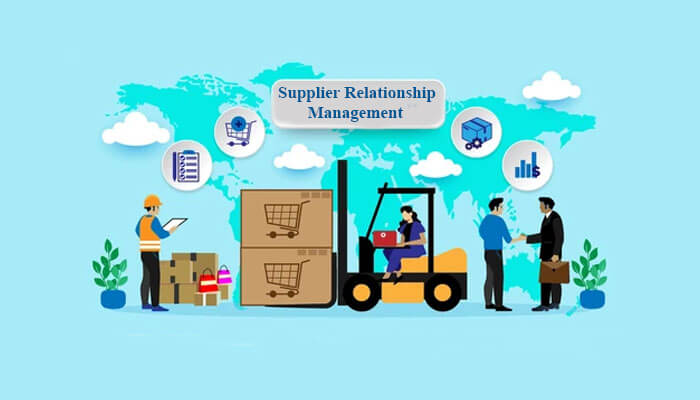Introduction
In its most basic form, supplier relationship management (SRM) is the interaction and management of outside vendors who can provide your company with products, resources, and services. It sounds simple enough—to optimize the benefits of the business connection, select suppliers who are affordable and simple to work with.
The best source and resource among the many options is difficult to select. In this article, we are going to discuss the top 08 strategies for improving Supplier Relationship Management.
1. Approach your vendors like partners.
Your vendors are your partners, and as such, your relationship with them should be built on more than just business dealings.
Give your supplier the impression that they are a vital component of your company. It’s crucial to have mutually beneficial relationships, especially with your main suppliers. Talk to them regarding your procedures, such as the introduction of new items and promotions, and pay attention to their worries.
2. Justifiable and Fair Supplier Contracts
Supplier Relationship Agreements with a robust project procurement process are a necessity if you frequently purchase from a supplier.
Both sides should sign the document once you’ve written down all they anticipate from the collaboration, including the item or service description, pricing, terms of delivery, payment plans, correspondence, etc.
3. SRM Helps in Maintaining Good Ties with the Specific Suppliers
To take things even further, you may measure supplier performance KPIs by integrating supplier management into a complete procure-to-pay system. These supplier relationship management solution components are combined onto one platform by software systems.
4. Utilize technology to your advantage.
Effective vendor management solutions in the modern business landscape rely heavily on technology, but it’s important to understand that no single solution can achieve all objectives. Modern vendor management solutions often involve the use of various technologies such as vendor portals, contract management systems, and data analytics tools. These technologies help businesses to streamline vendor communication, manage contracts and compliance requirements, and track vendor performance metrics.
Since you wish to have an overall perspective of the provider, both at a micro level of certain product lines and also at a broader one, Jones said, “[A corporation] may aggregate facts from procurement platforms and transactional systems.”
5. Set up the proper personnel and procedures.
As per State of Flux’s 2017 Global SRM Research Study, individuals and their leadership abilities are the foundation of SRM. As a result, having individuals in your organization who are in charge of the SRM process is crucial, whether you require a complete agency to handle supplier relations, a devoted Supplier Relationship Manager, or even if it’s just a small portion of somebody’s role. Also, make sure the smooth functioning of customer relationship management.
6. Assess and keep an eye on the risks
For the purpose of choosing and assessing suppliers, collecting identifying, and managing data is crucial. Request references, samples of their prior work, information about how long they have been in the company, their areas of specialty, how they handle crises, what they performed the very last occasion they had a problem, and other information.
7. Think Locally, Act Globally.
We interact with vendors who are farther away as the world gets more linked, whether they are located all across the country or around the world. If a number of your vendors are abroad, you and/or your SRM experts should take cultural factors into consideration while engaging with them. Cloud computing can help in increasing the generation of revenue of organizations.
8. Bring Everyone Within the Process
Having a process for managing your relationships with suppliers is crucial, but so is bringing everyone in your organization on board. Research from American Express and AT Kearney indicated that $533 dollars are spent annually outside of authorized channels for purchasing. It was noted particularly that although 95% of the businesses polled had preferred supplier lists, only 50% had procurement processes in place to mandate buying from their preferred vendors.
Conclusion
If companies want to succeed, they shouldn’t undervalue supplier relationship management. Effective supplier management results in immediate profit. Every dollar saved.




